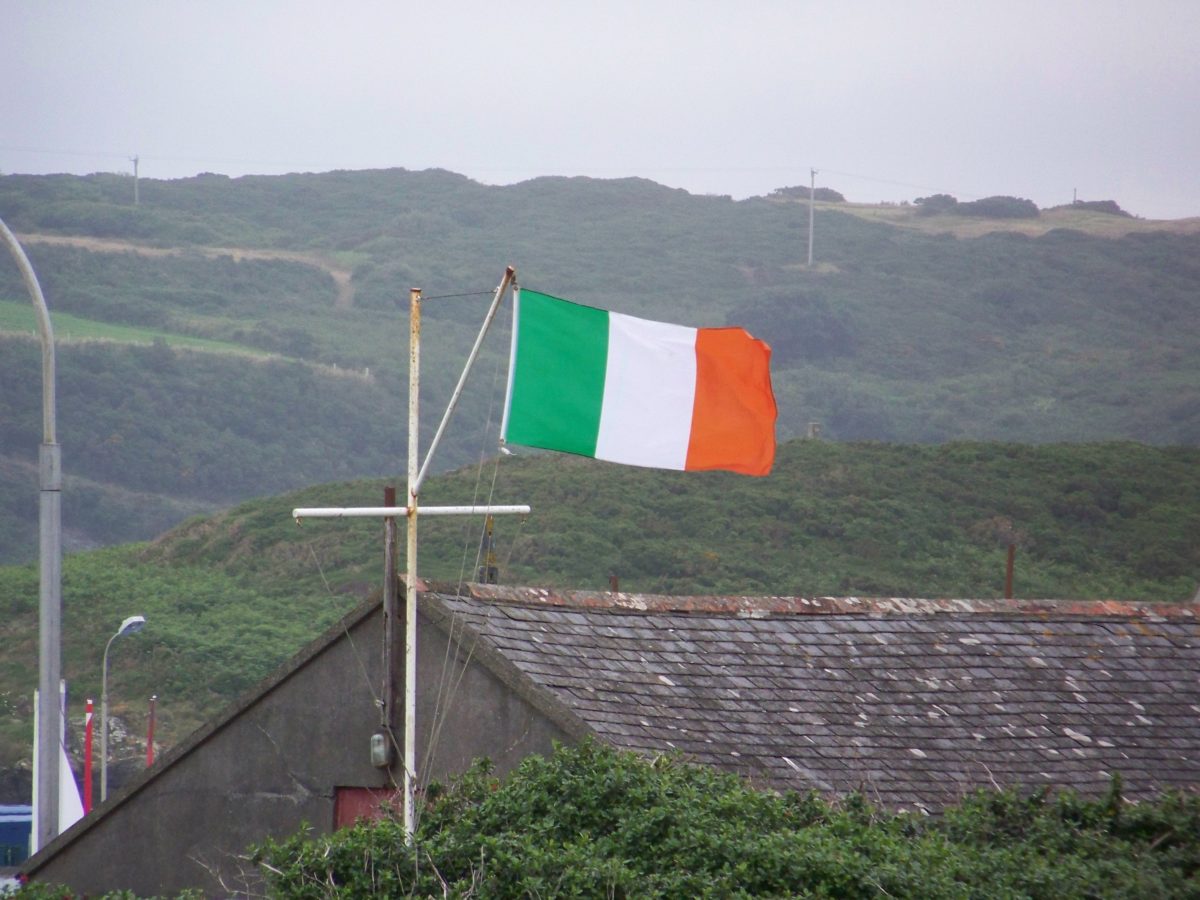Ireland will see its first support scheme for residential PV start this summer. The announcement was given by the country’s Energy Minister, Denis Peter Naughten on the occasion of the Irish Renewable Energy Summit 2018, which is currently taking place in Dublin.
Naughten stressed that the grant aided pilot scheme for solar PV microgeneration will be issued this summer, and that it will initially focus on residential self-consumption. “This will be the first phase in a multi-phased implementation of supports for microgeneration in Ireland, as we explore other options and move toward the new Directive and enable the renewable self-consumer,” said the minister in his statement.
The minister also mentioned a stakeholder workshop on micro-generation it held with the Sustainable Energy Authority of Ireland (SEAI) in 2017, in which most of the main issues of the Irish solar PV rooftop market were addressed. “… I have asked the SEAI to conduct a behavioural and attitudes study into the likely demand for and impact of microgeneration among the public,” Naughten went on to say.
The scheme for solar microgeneration, which was not included in the Renewable Electricity Support Scheme (RESS) unveiled by the Irish government in September, had been promised by Naughten at the time, but with no time frame.
Despite the fact that the government is currently offering no feed-in tariff, or any other kind of support for rooftop solar, it is remarkable that, of the 10 MW of PV capacity installed today in the country, the vast majority is rooftop projects. This means that Ireland has an untapped potential for these kinds of projects.
As for the RESS scheme, which is mainly designed for large-scale solar and renewables, and is still under public consultation, Naughten said that so far the ministry has received 1,250 submissions.
The RESS program will provide support for large-scale renewables through a competitive bidding processes. Auctions may be technology-neutral or technology-specific, although the competitive auction approach will ensure that only the most economically viable projects will be selected, Ireland’s Department for Communications, Climate Action and Environment (DCCAE) said in September.
Meanwhile, several large-scale PV projects have been announced in Ireland over the past few months in anticipation of the future scheme. Based on the applications for grid connection, Ireland has a pipeline of around 6 GW of PV capacity, with the majority of projects concentrated in the south and the east of the country.
This content is protected by copyright and may not be reused. If you want to cooperate with us and would like to reuse some of our content, please contact: editors@pv-magazine.com.




By submitting this form you agree to pv magazine using your data for the purposes of publishing your comment.
Your personal data will only be disclosed or otherwise transmitted to third parties for the purposes of spam filtering or if this is necessary for technical maintenance of the website. Any other transfer to third parties will not take place unless this is justified on the basis of applicable data protection regulations or if pv magazine is legally obliged to do so.
You may revoke this consent at any time with effect for the future, in which case your personal data will be deleted immediately. Otherwise, your data will be deleted if pv magazine has processed your request or the purpose of data storage is fulfilled.
Further information on data privacy can be found in our Data Protection Policy.